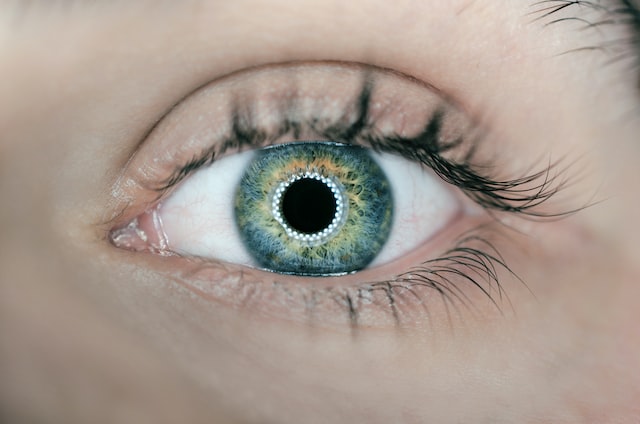
Retina specialists offer a variety of services to treat common eye diseases. These services include the treatment of macular edema, diabetic retinopathy, and retinal vein occlusion. In addition to these treatments, retina specialists also offer several diagnostic tests to determine the extent and cause of the disease.
Common Conditions Treated By A Retina Specialist
The retina is one of the most important parts of the eye. It contains millions of light-sensitive cells that help organize the visual information that travels through the optic nerve. If the cells are damaged, the patient may experience decreased vision or blindness. Retina specialists, also known as ophthalmologists, can diagnose and treat common eye conditions. They will use various tools to detect disease, including imaging tests and laser treatments. A retina specialist may also provide injections of medications or antibiotics into the eye. This can decrease swelling and pain. They can also perform vitrectomy and scleral buckle surgeries.
Symptoms Of A Retinal Disease
Retinal diseases are serious eye problems that can result in blindness. Some of the most common symptoms of retinal disease are blurred vision, floaters, and blind spots. If you suspect you might have a condition, you need to visit your doctor as soon as possible. The best way to prevent these problems is eye education Virginia Beach, VA, and keep your eyes healthy. There are several ways to improve your vision. You can get regular eye exams and a prescription for medications that treat certain conditions. These treatments include laser surgery, anti-angiogenic drugs, and Vitreoretinal surgery. Many people are affected by these eye diseases without realizing it. They can develop slowly, so it’s important to pay close attention to changes in your vision.
Treatment Options
It’s important to see a retina specialist when your vision is affected by retinal damage or disease. This specialist has specialized training and will be able to assess the condition and offer appropriate treatment options.
The retina is a delicate structure. Many issues can affect the retina, including diabetic retinopathy, macular degeneration, retinal tears, endophthalmitis, and eye cancer. All of these conditions can be treated by a specialist.
When a specialist diagnoses a patient with a retinal condition, they will perform a series of tests. These include an ophthalmoscope, which looks at the macula. They may also take images of the back of the eye to track the condition’s progress.
Retinal Vein Occlusion
Retinal vein occlusion is when the blood vessels in the eye become clogged. This can cause several different health and vision problems. In some cases, the condition can be treated with medication injections and laser therapy. The main goal of treatment is to dry out the retina. This helps to reduce edema and prevent the development of new blood vessels. Surgical removal of blood from the retina can also treat the condition.
Symptoms of retinal vein occlusion include blurry and cloudy vision. They may also be associated with a swollen macula, the tissue in the back of the eye responsible for collecting light. If the disease is left untreated, it can permanently damage the retina.
Diabetic Retinopathy
Diabetes is a disease in which high blood sugar levels damage the eye’s blood vessels. It is the most common cause of irreversible vision loss. However, treatment can prevent further loss. A retina specialist can help patients manage diabetic eye diseases and recommend the best method to prevent further vision problems. The doctor will examine the eyes with specialized equipment to detect any changes in the vision. They will also dilate the pupils and look for abnormalities in the retina. The doctor may order a fluorescein angiogram or ocular coherence tomography, depending on the patient’s condition.
Fluorescein Angiography is a test that can be used to identify leaking or abnormal blood vessels. Using a special camera and dye, the doctor can assess the blood vessels in the eye. This exam can determine the presence of proliferative and non-proliferative diabetic retinopathy.
Macular Edema
If you suffer from macular edema, there are several treatment options. The most effective strategies are designed to treat the underlying cause. Macular edema may lead to irreversible damage if left untreated. A retina specialist can help you determine the cause and recommend the best treatment. There are three main forms of macular edema treatment. These include intravitreal injections, steroid drops, and laser treatments. Depending on the diagnosis, the type of edema, and the patient’s needs, a treatment plan will be tailored to his or her specific situation. Intravitreal injections are the most common medical procedure used to treat macular edema. They are done in the office of a retina specialist. During the procedure, a slender needle is inserted into the eye, and a special medication is injected into the center of the eye.